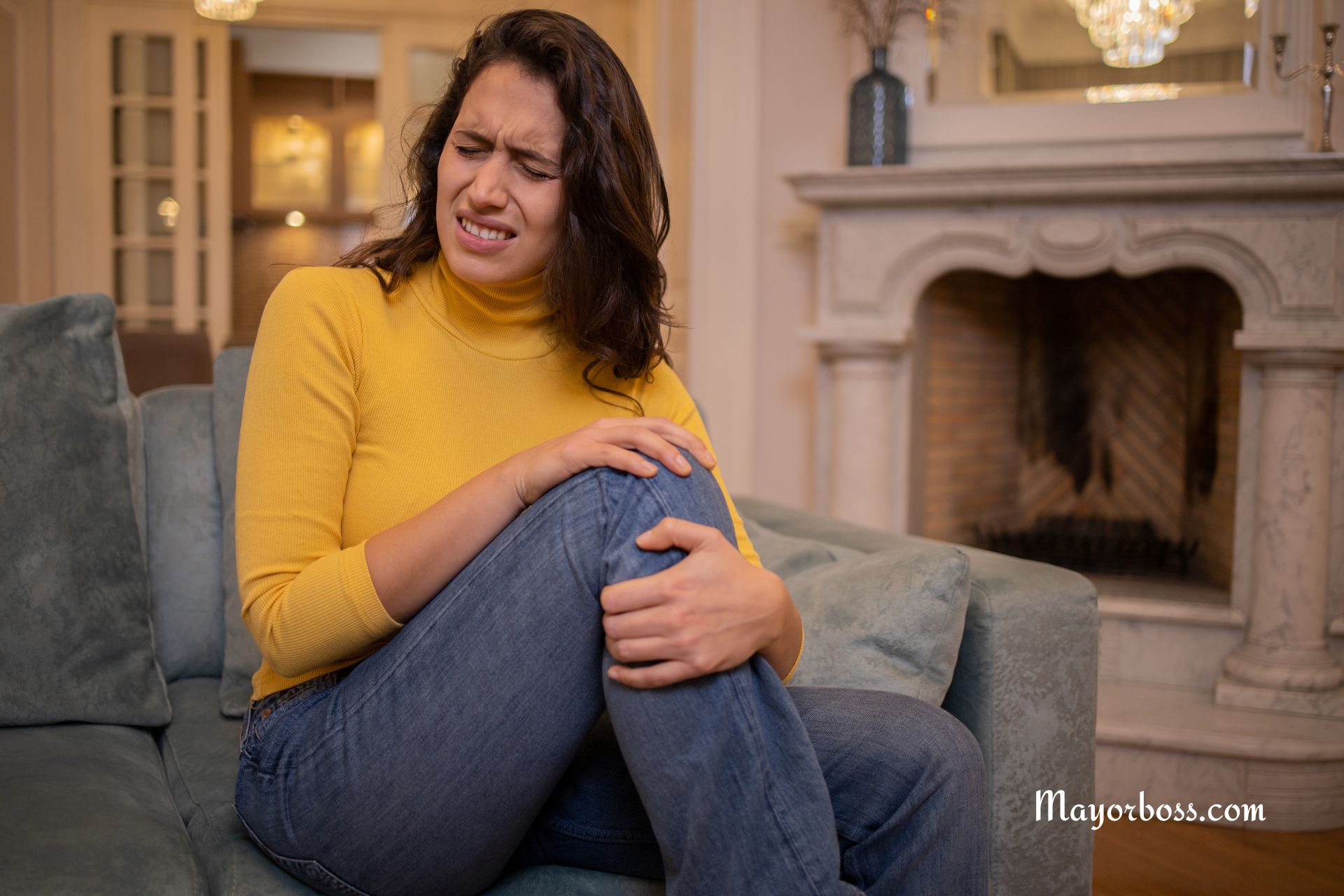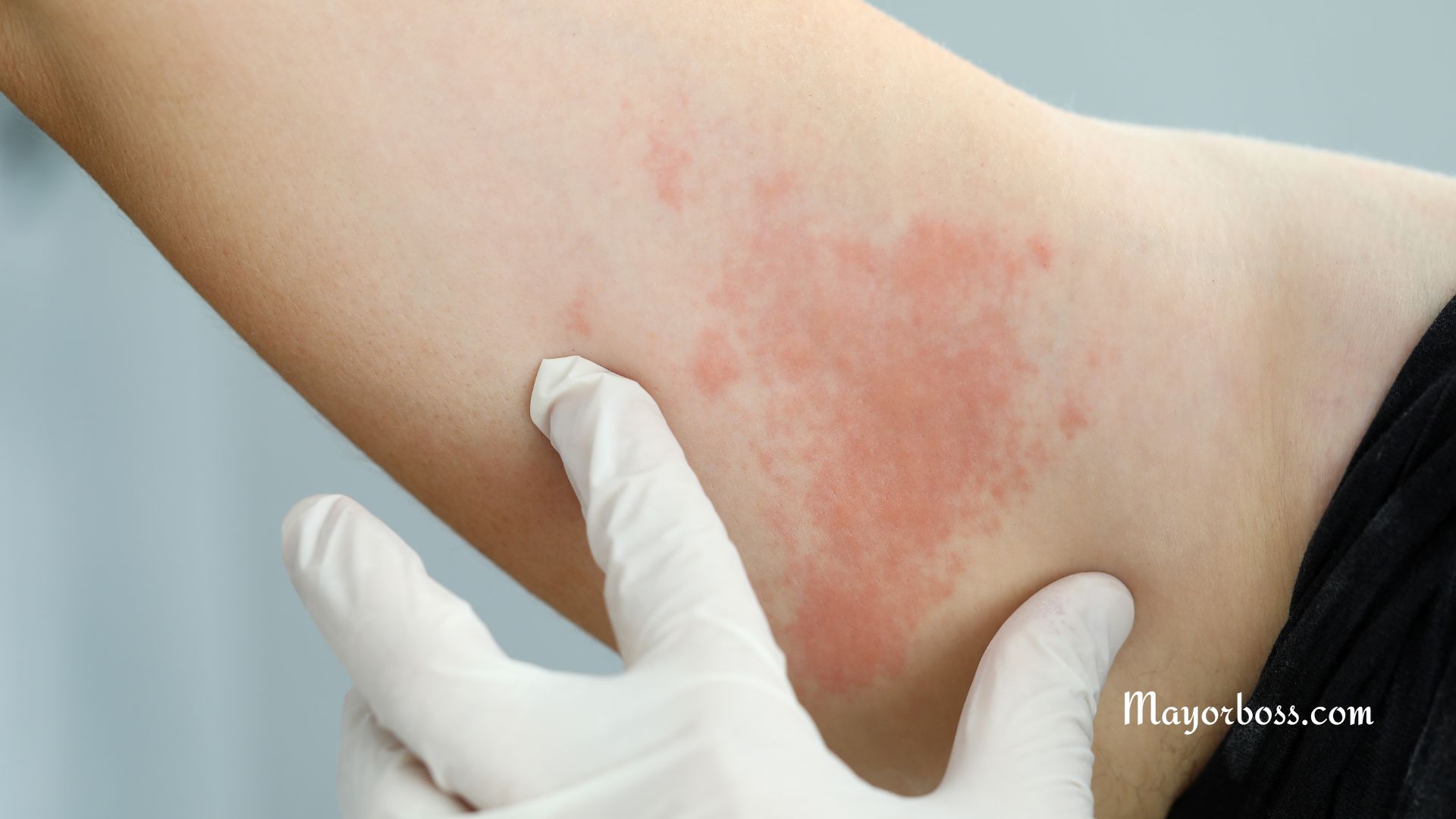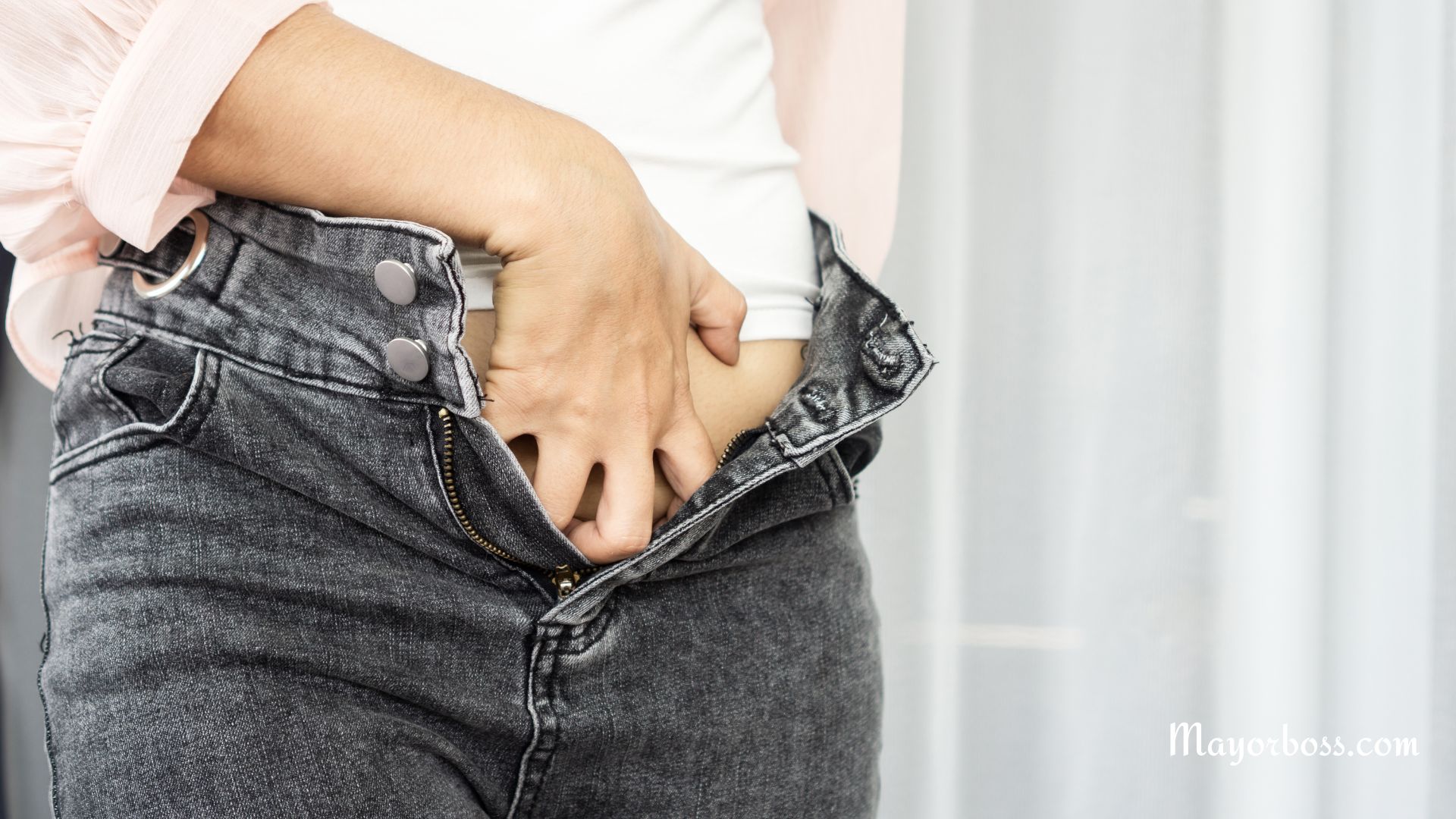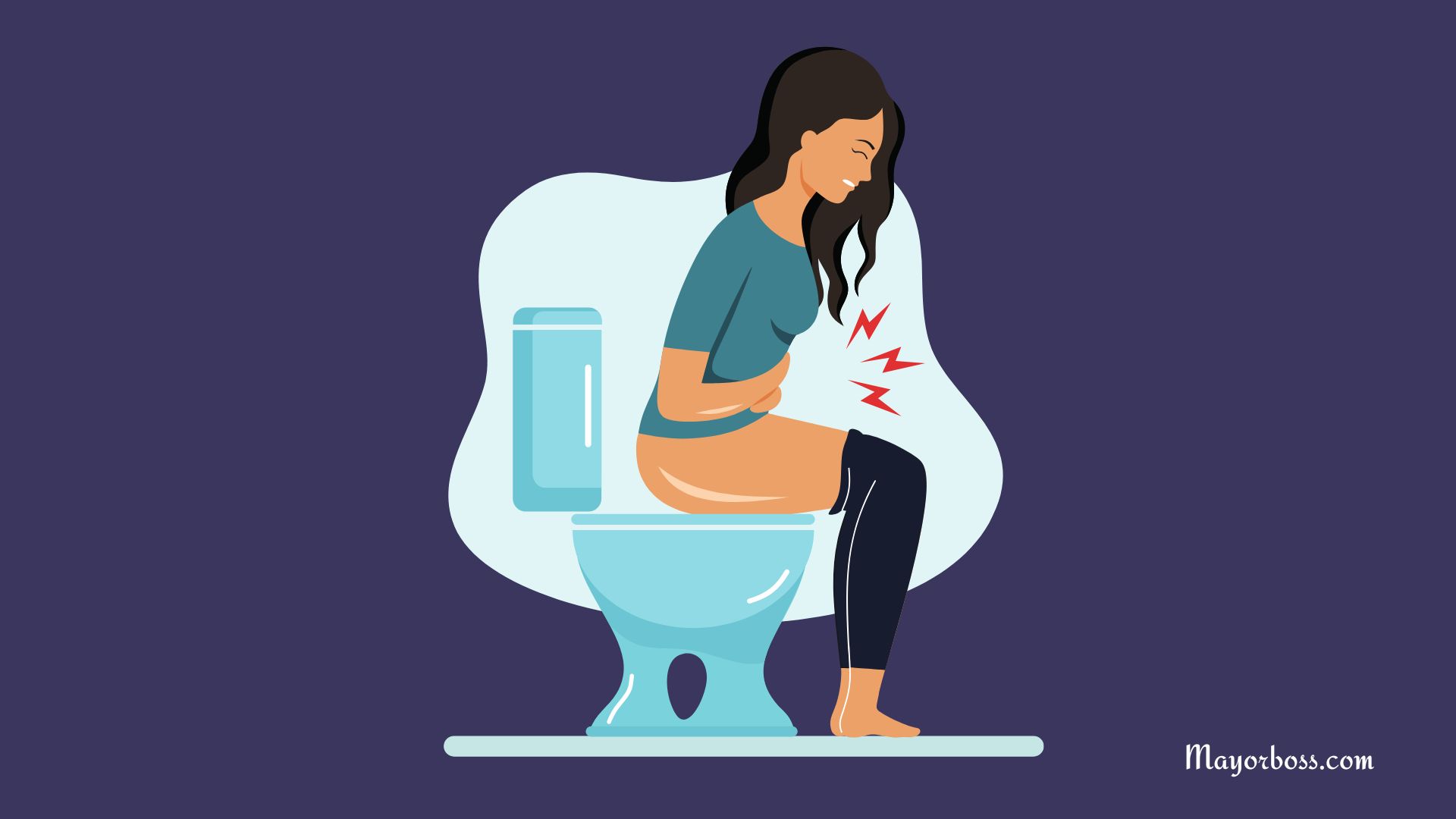Top Ways to Relieve Knee Pain Naturally at Home
Knee pain can be tough, making it hard to do your daily activities and enjoy life. Whether it’s from an old injury, arthritis, or just regular wear and tear, knee pain can be frustrating. The encouraging news is that there are many natural ways to help ease the pain right from home. Here are some simple ways to relieve knee pain naturally.

Resting Your Knee Can Be One of the Simplest Solutions
If your knee is hurting, one of the best things you can do is rest it. Resting helps reduce swelling and gives your knee time to heal. Try to avoid activities that put too much pressure on your knees, like running or jumping. Instead, focus on low-impact activities or just rest until the pain gets better. Resting might seem simple, but it’s often the first step to feeling better.
Cold and Warm Compresses
Using a cold or warm compress can be a great way to help with knee pain. Cold packs are good for reducing swelling and numbing sharp pain, especially if the pain is from an injury. Wrap some ice in a cloth and hold it to your knee for about 15-20 minutes every few hours. Warm compresses help relax tight muscles and increase blood flow, which is helpful for long-term pain. A warm towel or heating pad can feel really soothing on a sore knee.
Elevation and Compression
If your knee is swollen, elevation and compression can help. Keep your knee raised above the level of your heart to help reduce swelling. You can do this by lying down and using pillows to prop up your leg. Compression, like using a knee brace or elastic bandage, helps support the knee and reduce swelling. Just be careful not to wrap it too tightly, as it could cut off circulation.
Gentle Exercises to Strengthen the Knee and Improve Mobility
Even though resting is important, too much rest can make your knee stiff. Gentle exercises like stretching and strengthening help keep your knee flexible and build the muscles around it for better support. Exercises like leg raises, wall sits, or seated hamstring stretches can keep your knee active without putting too much stress on it. Walking, swimming, or biking at a slow pace can also help—just make sure to stop if you feel any sharp or increasing pain.
Massaging the Knee
Massaging your knee can also help ease pain. Gently rubbing around your knee in circular motions can increase blood flow and reduce stiffness. You can use essential oils like lavender or peppermint oil for extra relief, as these oils have soothing and anti-inflammatory effects. Just make sure to use light to medium pressure, so you don’t make the pain worse.
Anti-Inflammatory Foods Can Help Ease Knee Pain
What you eat can affect your knee pain. It is scientifically proven that some foods have anti-inflammatory effects that can help reduce pain. Eating foods like turmeric, ginger, berries, leafy greens, and fatty fish (like salmon) can be helpful. Turmeric has curcumin, which is a powerful anti-inflammatory compound. Drinking plenty of water is also important, as it helps keep your joints lubricated.
Essential Oils
Using essential oils like eucalyptus, lavender, or peppermint can help manage knee pain. These oils have natural anti-inflammatory effects that can soothe the area. Mix a few drops of essential oil with a carrier oil like coconut or olive oil, and gently rub it into the knee for relief. Just be sure to test a small area first to make sure you don’t have a skin reaction.
Herbal Supplements for Knee Pain Relief
Some herbal supplements like glucosamine and chondroitin may help support joint health and relieve pain. These supplements may help repair cartilage and reduce inflammation. Boswellia and willow bark are also known to have anti-inflammatory effects. But before taking any supplements, it’s a good idea to talk to your doctor, especially if you’re on other medications, because some herbs can interact with other drugs.
Acupuncture
Acupuncture, which is an old Chinese practice, may also help with knee pain. Acupuncture involves placing very thin needles into specific points on your body to help reduce pain and inflammation. Many people find that acupuncture helps, especially if they have chronic knee problems like osteoarthritis. Make sure to visit a certified acupuncturist to make sure the treatment is done safely.
Maintaining a Healthy Weight
Research suggests that extra weight puts more pressure on your knees, which can potentially lead to more pain. One of the best long-term ways to reduce knee pain is to keep a healthy weight. If you are overweight, losing even a little weight can be helpful. It helps take the stress off your knee joints and can reduce pain over time. Try to eat a balanced diet and do low-impact activities like swimming or yoga to help manage weight without putting too much pressure on your knees.
Stay Active Without Overdoing It
It’s important to find a perfect balance between rest and activity. That’s because too much rest can make your knee stiff, but too much activity can make it worse. Activities like tai chi or water aerobics are gentle on the knees and help improve strength and flexibility without causing too much strain. Finding a good balance between rest and gentle movement can help your knee feel better in the long run.
When to See a Doctor for Knee Pain
If these natural methods don’t help enough, or if the pain is very bad or keeps coming back, you should see a doctor. Knee pain that doesn’t get better gets worse or comes with other symptoms like redness, warmth, or major swelling needs to be checked by a healthcare professional. There could be an underlying problem that needs special treatment.






